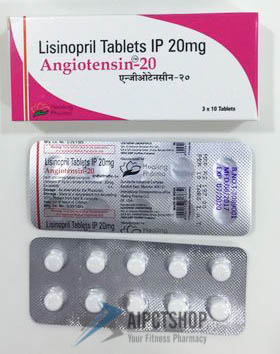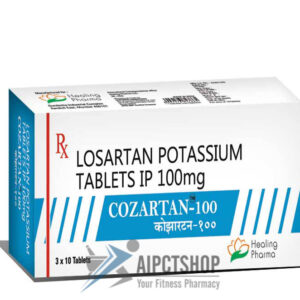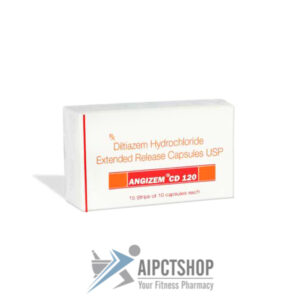Lisinopril Information
What is this drug used for?
• It is used to treat high blood pressure.
• It is used to help heart function after a heart attack.
• It is used to treat heart failure (weak heart).
• It may be given to you for other reasons. Talk with the doctor.
Frequently reported side effects of this drug
• Headache
Other side effects of this drug: Talk with your doctor right away if you have any of these signs of:
• Kidney problems like unable to pass urine, blood in the urine, change in amount of urine passed, or weight gain.
• Liver problems like dark urine, fatigue, lack of appetite, nausea, abdominal pain, light-colored stools, vomiting, or yellow skin.
• High potassium like abnormal heartbeat, confusion, dizziness, passing out, weakness, shortness of breath, numbness or tingling feeling.
• Infection
• Severe dizziness
• Passing out
• Persistent cough
• Severe abdominal pain
• Severe nausea
• Vomiting
• Chest pain
• Signs of a significant reaction like wheezing; chest tightness; fever; itching; bad cough; blue skin color; seizures; or swelling of face, lips, tongue, or throat.
Medication Safety Issues
Sound-alike/look-alike issues:
Lisinopril may be confused with fosinopril, Lioresal, Lipitor, RisperDAL
Prinivil may be confused with Plendil, Pravachol, Prevacid, PriLOSEC, Proventil
Zestril may be confused with Desyrel, Restoril, Vistaril, Zegerid, Zerit, Zetia, Zostrix, ZyPREXA
International issues:
Acepril [Malaysia] may be confused with Accupril which is a brand name for quinapril [US]
Acepril: Brand name for lisinopril [Malaysia], but also the brand name for captopril [Great Britain]; enalapril [Hungary, Switzerland]
Storage and Stability
Oral solution: Store at 20°C to 25°C (68°F to 77°F). Protect from freezing and excessive heat.
Tablet: Store at 15°C to 30°C (59°F to 86°F). Protect from moisture.
Adverse Reactions
Cardiovascular: Chest pain, flushing, hypotension, orthostatic effect, syncope, vasculitis
Central nervous system: Altered sense of smell, dizziness, fatigue, headache, paresthesia, vertigo
Dermatologic: Alopecia, diaphoresis, erythema, pruritus, skin photosensitivity, skin rash, Stevens-Johnson syndrome, toxic epidermal necrolysis, urticaria
Endocrine & metabolic: Diabetes mellitus, gout, hyperkalemia, SIADH
Gastrointestinal: Constipation, diarrhea, dysgeusia, flatulence, pancreatitis, xerostomia
Genitourinary: Impotence
Hematologic & oncologic: Bone marrow depression, decreased hematocrit, decreased hemoglobin, eosinophilia, hemolytic anemia, increased erythrocyte sedimentation rate, leukocytosis, leukopenia, neutropenia, positive ANA titer, thrombocytopenia (mean decrease of 0.4 mg/dL)
Hepatic: Increased liver enzymes, increased serum bilirubin
Neuromuscular & skeletal: Arthralgia, arthritis, myalgia, weakness
Ophthalmic: Blurred vision, diplopia, photophobia, vision loss
Otic: Tinnitus
Renal: Increased blood urea nitrogen (transient), increased serum creatinine (transient), renal insufficiency (in patients with acute myocardial infarction)
Respiratory: Cough
Rare but important or life-threatening: Acute renal failure, confusion, cutaneous pseudolymphoma, dehydration, fever, hallucination, hypoglycemia (diabetic patients on oral antidiabetic agents or insulin), hyponatremia, mood changes (including depressive symptoms), psoriasis, visual hallucination









Reviews
There are no reviews yet.